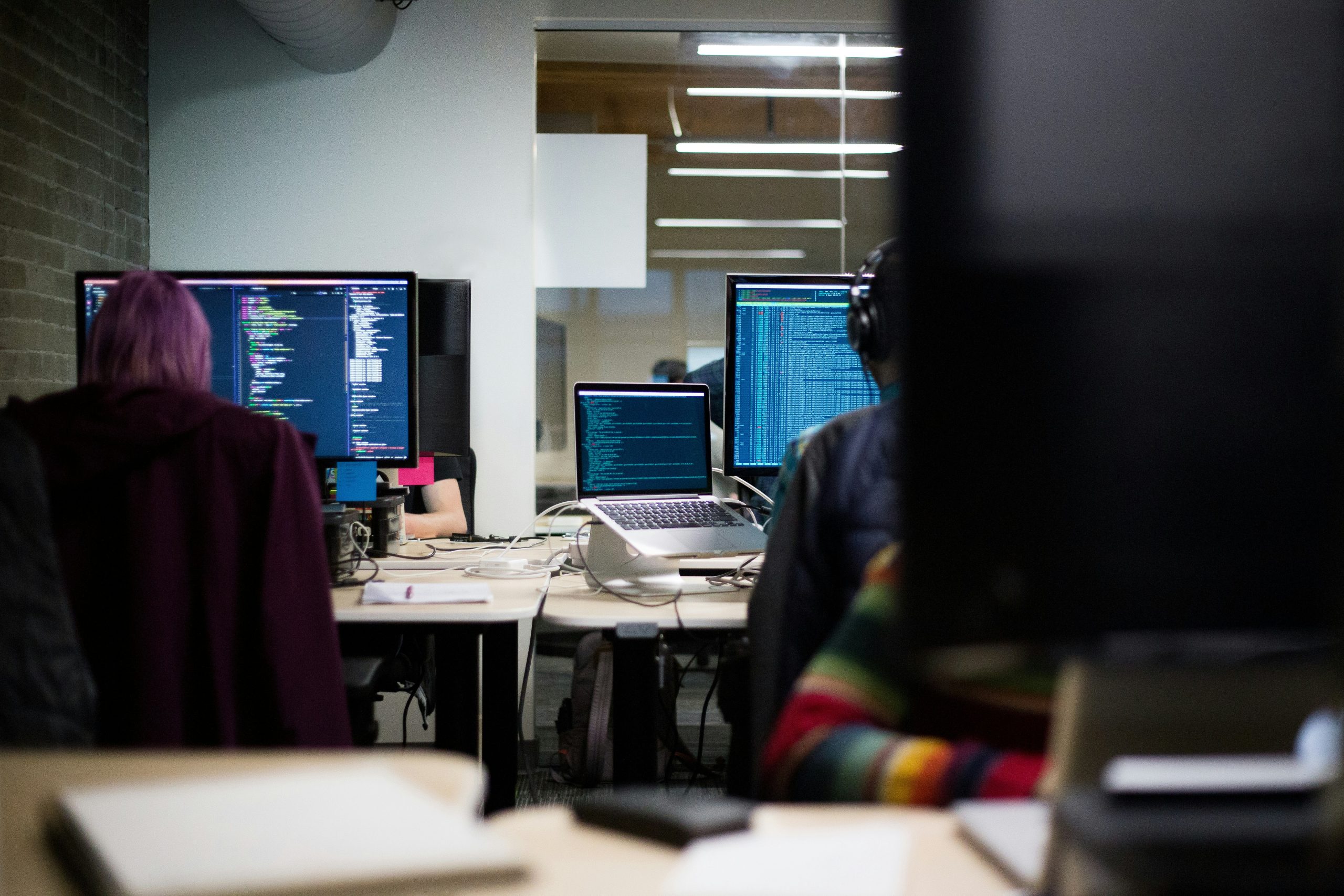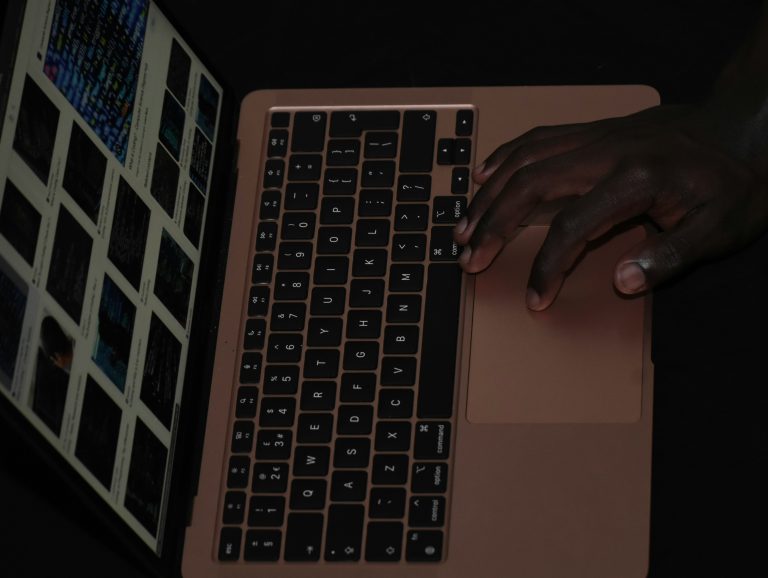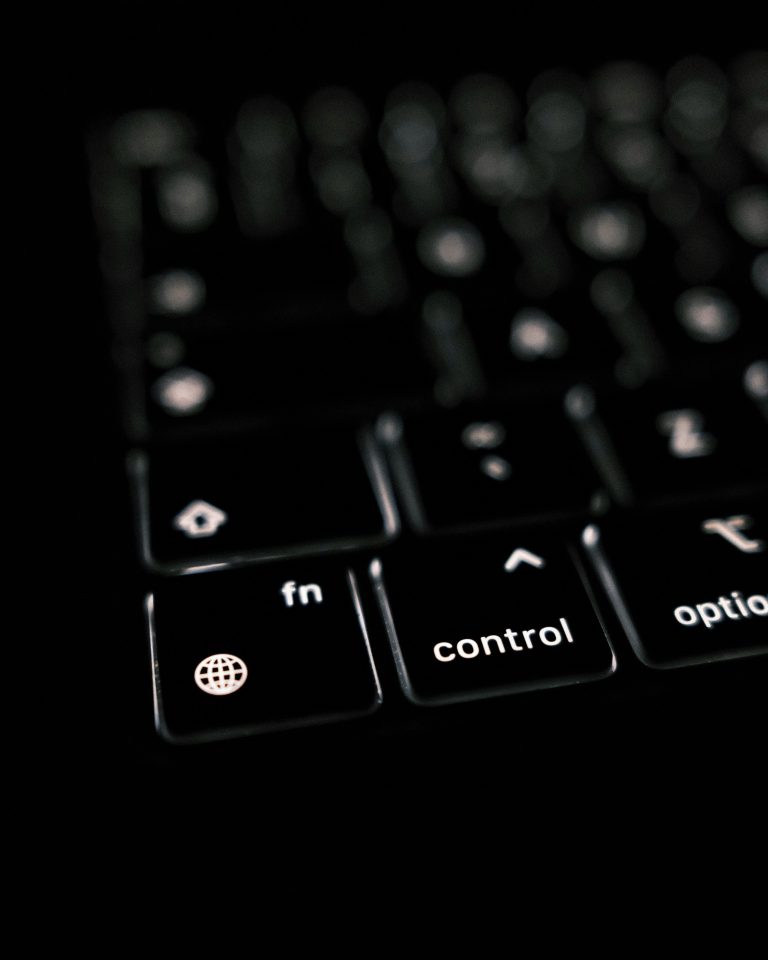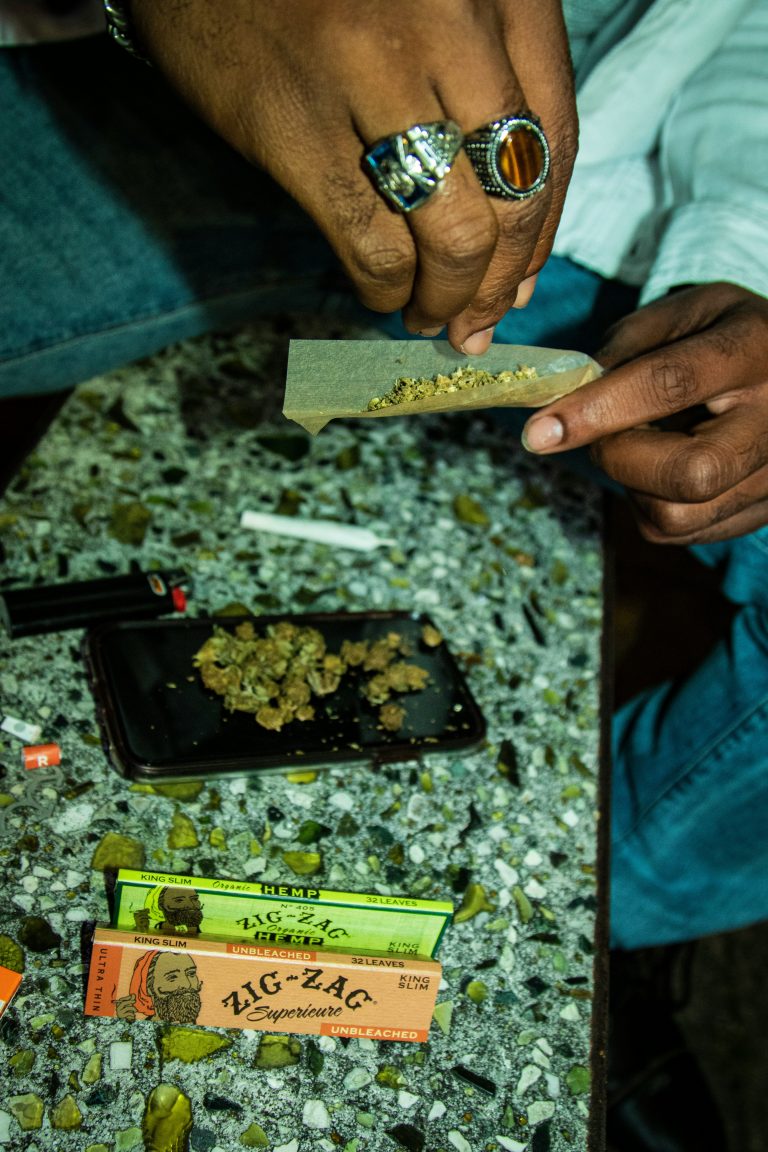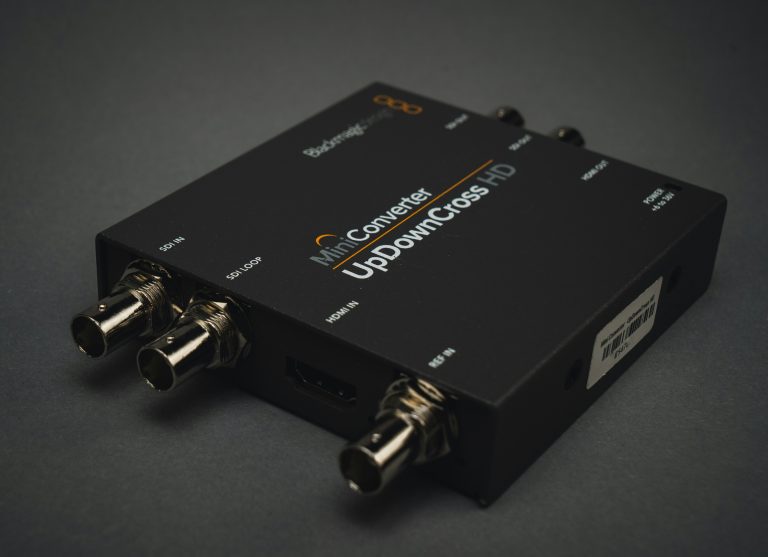How AI Is Redefining the Future of Work: Collaboration or Competition?
2 AI as a Collaborator: Augmenting Human Potential
When done right, AI becomes more of a teammate than a rival. Here’s how:
3 Automation of Mundane Tasks
AI handles repetitive, low-level work (data entry, scheduling, basic analytics).
Humans get to focus on creative, strategic, or relationship-based work.
4 Creative Co-Creation
Tools like Chat GPT, Mid journey, and DALL·E are used by artists, writers, and designers as creative partners.
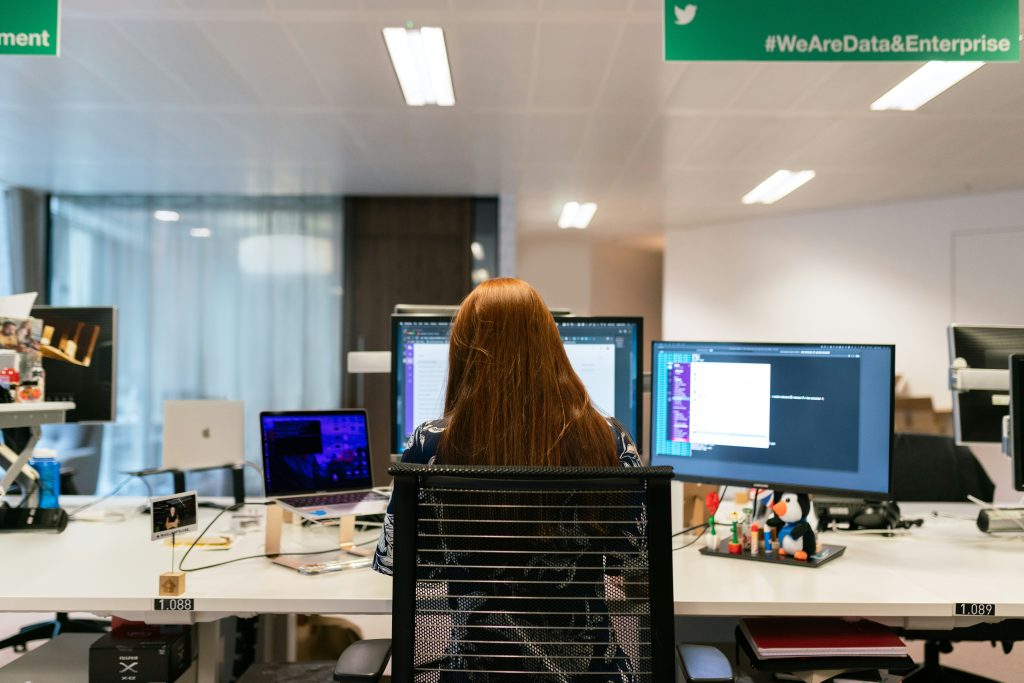
5 Smarter Decision-Making
AI crunches massive datasets quickly and flags patterns or insights humans might miss.
Decision-makers now have supercharged intel at their fingertips.
6 AI as a Competitor: Job Displacement & Skill Shifts
But let’s be real — AI is also a disruptor, and in some areas, it’s straight-up replacing jobs.
7 Job Displacement
Routine or rules-based roles (e.g. data entry clerks, transcriptionists, some coders) are at risk.
Even white-collar jobs aren’t immune.
8 Skill Polarization
Demand is rising for AI-savvy roles (prompt engineers, data scientists, etc.).
Workers without digital fluency risk being left behind.
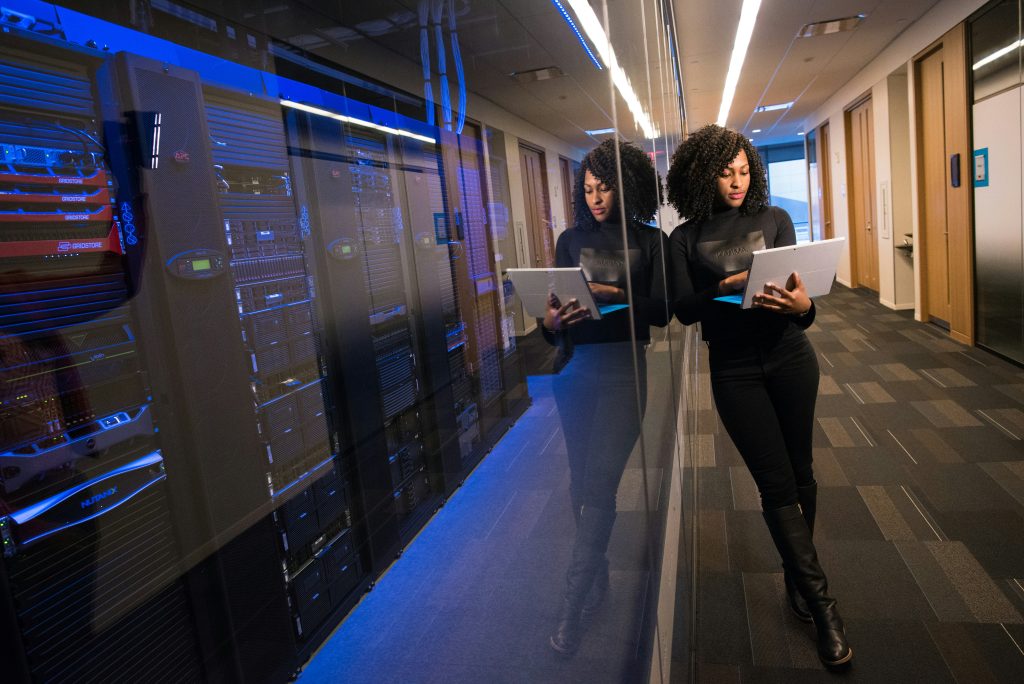
9 The New Arms Race
Companies that adopt AI tools get ahead. Those that don’t? Risk obsolescence.
This creates competitive pressure for both companies and individuals.
The Real Answer: It’s Both
The future of work isn’t AI vs. humans, it’s AI + humans vs. inefficiency, complexity, and stagnation.
So the key questions become:
Are we preparing workers to collaborate with AI?
Are companies using AI ethically and transparently?
Are we rethinking education and training fast enough?
